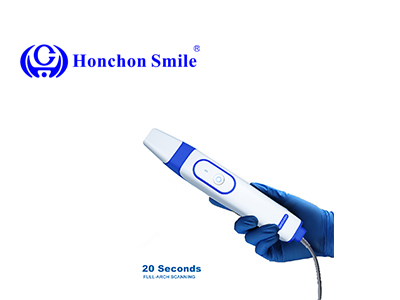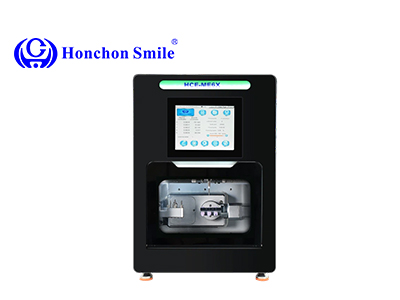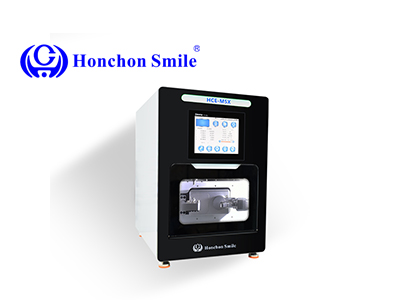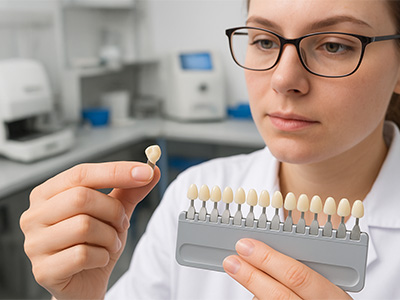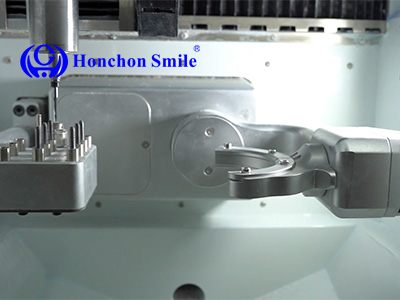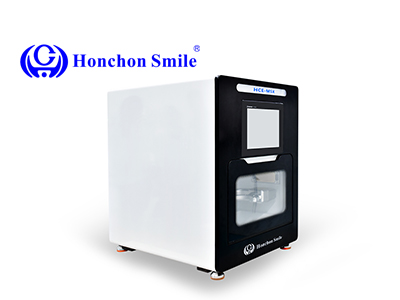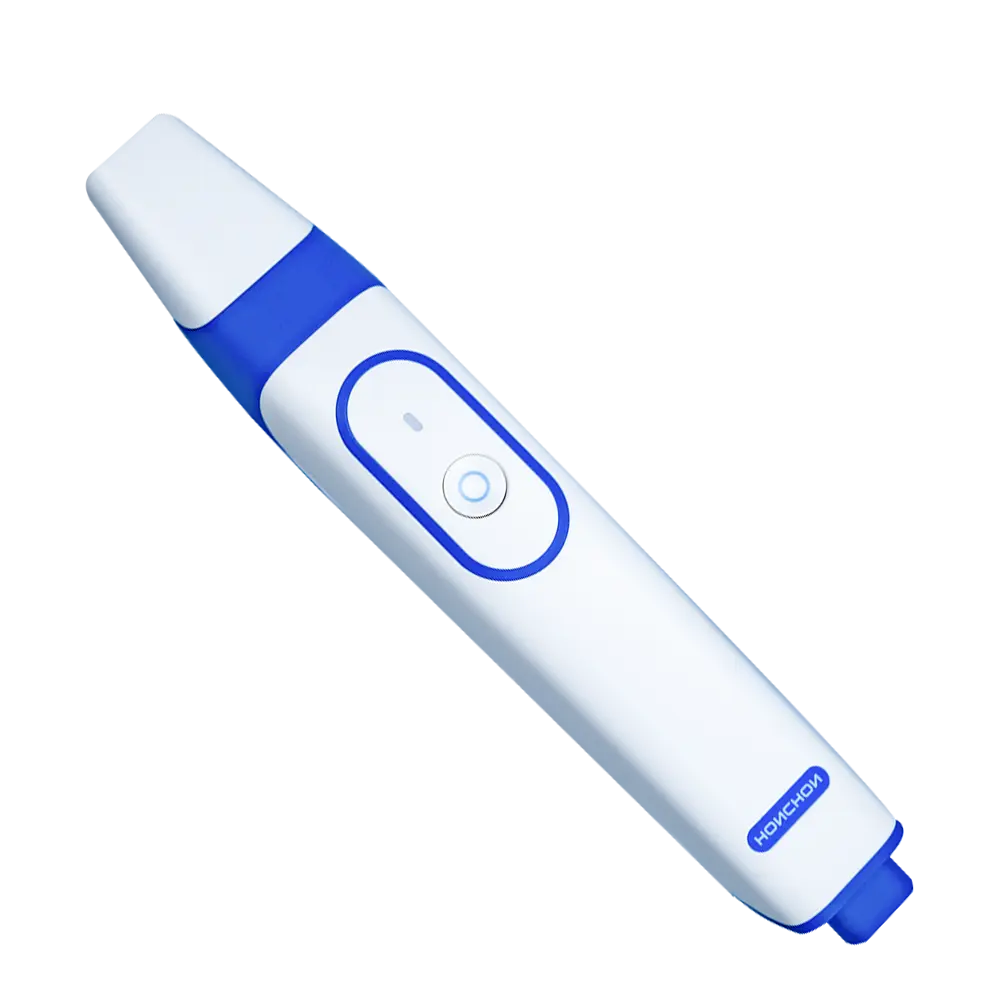what is a dental milling machine
2025-09-23
In the world of modern dentistry, technology plays a crucial role in enhancing precision, efficiency, and patient satisfaction. One such technological marvel is the dental milling machine. But what exactly is a dental milling machine, and why has it become indispensable in dental restoration? Let’s delve into its workings, benefits, and applications in this comprehensive guide.
What Is a Dental Milling Machine?
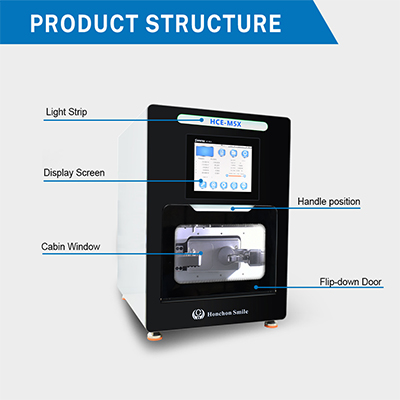
A dental milling machine is a tool used in dental laboratories and sometimes in dental clinics to carve and shape dental restorations. These machines precisely cut blocks of ceramic, zirconia, or other dental materials to create crowns, bridges, inlays, onlays, and other restorations.
How Does It Work?
The dental milling process begins with digital impressions. Using CAD/CAM (Computer-Aided Design and Computer-Aided Manufacturing) technology, dental professionals design the restoration on a computer. This design is then sent to the milling machine, which uses rotary cutters to carve the restoration from a solid block of material, following the exact specifications provided by the digital model.
The Role in Dental Restoration
Why Are They Important?
Dental milling machines have revolutionized dental restoration by making the process more accurate and efficient. Traditional methods of making dental restorations were time-consuming and often required multiple visits. With dental milling machines, the process is streamlined, allowing for same-day restorations in some cases.
Types of Materials Used
Dental milling machines work with a variety of materials depending on the type of restoration needed. Common materials include:
Ceramic: Known for its aesthetic appeal, ceramic is often used for visible teeth restorations.
Zirconia: Highly durable and strong, zirconia is used for molars and patients who need extra strength in their restorations.
Composite Resins: These offer a good balance of aesthetics and function, often used in less stress-bearing areas.
Benefits of Dental Milling Machines
Precision and Accuracy
The digital nature of milling machines ensures that restorations fit perfectly, reducing the need for adjustments and remakes. The high precision of these machines minimizes human error and enhances the quality of dental prosthetics.
Time Efficiency
With the ability to produce restorations in less time, dental milling machines significantly cut down patient wait times. Some advanced machines can complete a crown in less than an hour, facilitating same-day treatments.
Cost-Effectiveness
While the initial investment in a dental milling machine can be substantial, it pays off over time by reducing lab costs and the need for multiple patient visits. The efficiency of these machines also translates into higher throughput and potential revenue.
Applications in Dentistry
Crowns and Bridges
Dental milling machines are widely used to create crowns and bridges. The machine’s precision ensures that these restorations fit snugly and function effectively.
Veneers and Inlays
For cosmetic procedures, milling machines create veneers and inlays with excellent aesthetic results. The machine can carve intricate details to match natural teeth perfectly.
Implant Abutments
In implant dentistry, milling machines are used to create custom abutments that connect the implant to the crown. This customization ensures a better fit and function.
Choosing the Right Dental Milling Machine
Factors to Consider
When selecting a dental milling machine, consider the following:
Material Compatibility: Ensure the machine can handle the materials you frequently use.
Precision: Check the machine’s precision ratings to ensure it meets your quality standards.
Speed: Consider how quickly the machine can produce restorations.
Software Integration: Ensure it integrates well with your existing CAD/CAM software.
Popular Models
Some popular dental milling machines include:
CEREC by Dentsply Sirona: Known for its comprehensive system that includes both scanning and milling.
Planmeca PlanMill: Offers high precision and is compatible with a variety of materials.
Roland DWX Series: Known for its ease of use and versatility.
Future of Dental Milling Machines
Technological Advancements
As technology continues to evolve, dental milling machines are expected to become even more advanced. Innovations may include increased automation, improved material capabilities, and enhanced integration with digital workflows.
Expanding Applications
The use of dental milling machines may expand beyond traditional restorations. Future applications might include more complex prosthetics and customized dental solutions tailored to individual patient needs.
Conclusion
Dental milling machines have transformed the field of dentistry by providing precise, efficient, and cost-effective solutions for dental restorations. As technology advances, these machines will continue to play a pivotal role in delivering high-quality dental care. For dental professionals, investing in a dental milling machine can enhance practice capabilities and improve patient satisfaction, making it a worthy consideration for any modern dental practice.


